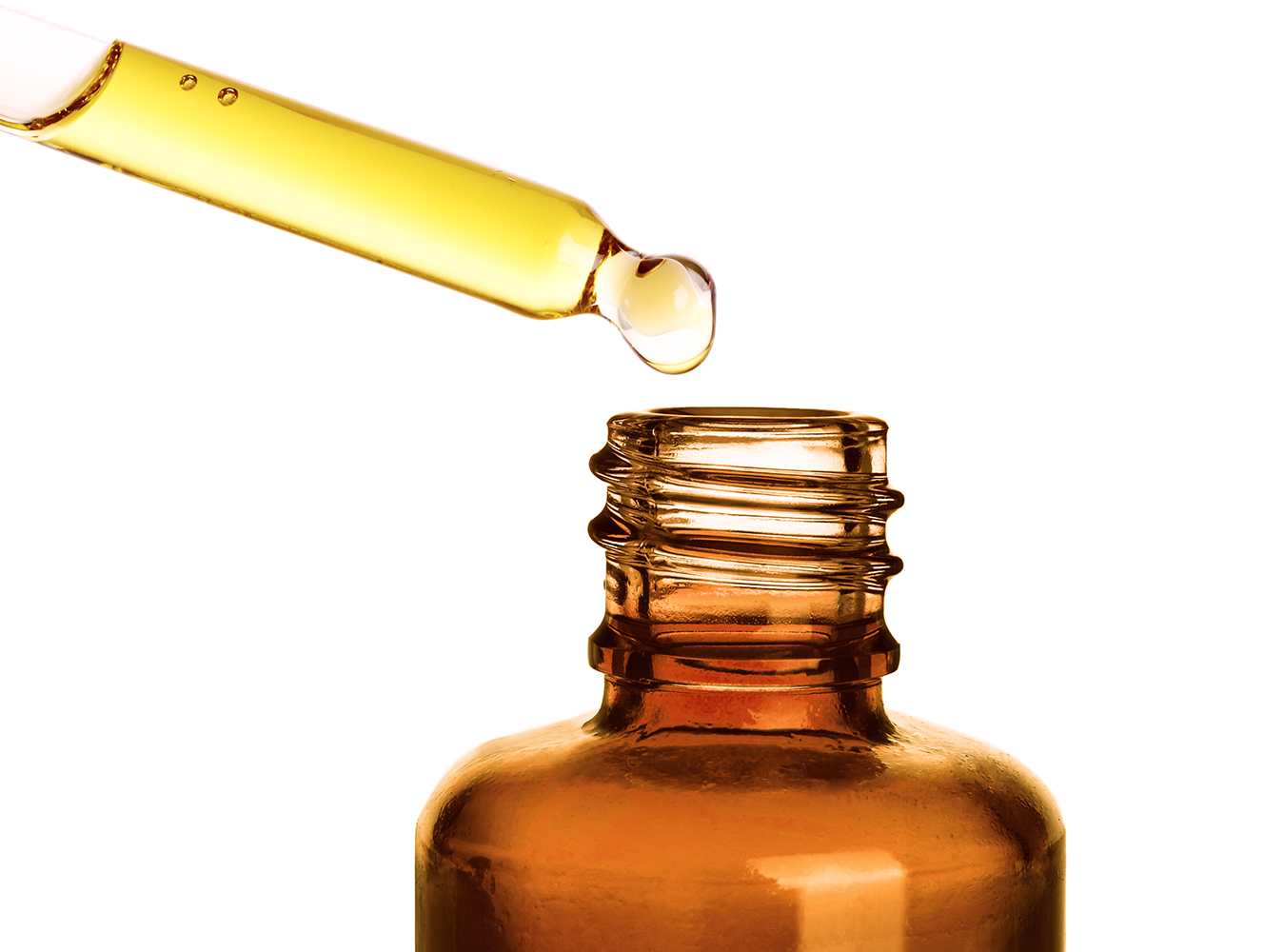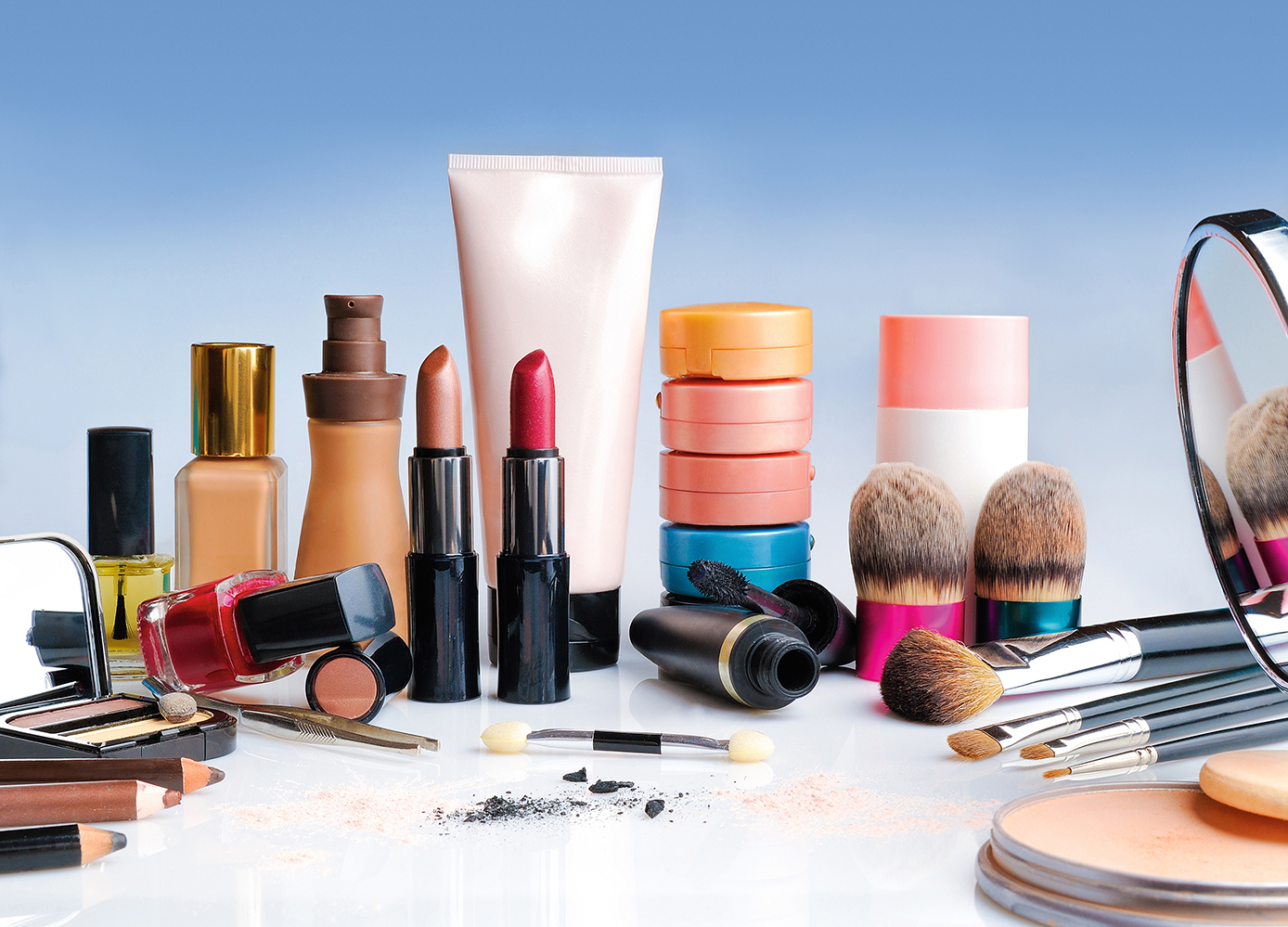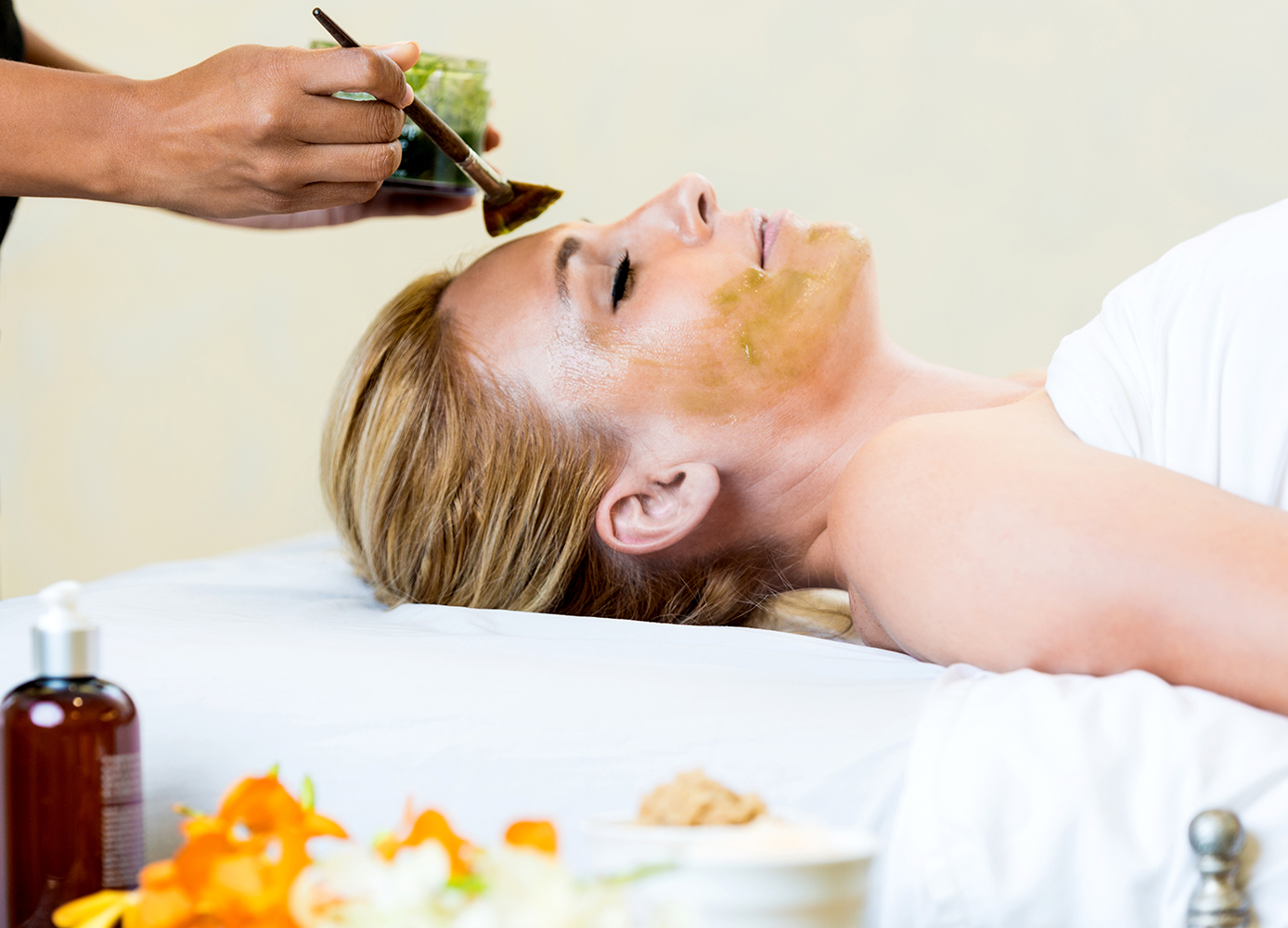You might find that adding a serum raises your skincare routine to a new level
By Katrina Caruso
Face serums have been around for a long time, but in the last few years, there seems to have been a boom, with more and more options available. So what does a serum do? And should you be using one?
Last year, we highlighted Korean skincare routines, which can be an excellent way to hydrate the skin, but these routines, involving 10 steps, can be daunting.
A more typical North American-style skincare routine includes fewer steps but the formula is similar: cleanse (washing the face, removing makeup), tone (using a toner to rebalance the skin’s pH levels), treat (using a serum to target specific concerns), and moisturize (using a day and night cream to keep skin supple). The third step, involving serum, is considered optional in most cases, while the other three steps are considered the foundation in skincare.
Serums are meant to be applied to cleansed skin, before your day or night cream, as a way to enhance the power of a facial moisturizer. The texture is more lightweight than a that of a standard cream or oil, and serums often contain more concentrated active ingredients such as acids, retinols, and deep moisturizers. They aren’t as moisturizing as a typical moisturizer and so should not be used alone, but rather as an addition to a good moisturizer.
There are some ingredients that can be incredibly beneficial in a serum.
- Acids such as glycolic acid and lactic acid can help to lightly chemically exfoliate the skin, to remove dry spot and even the skin’s texture.
- If redness is a concern, look for ingredients such as aloe vera, arnica, and zinc, which are all anti-inflammatories.
- Antioxidants (such as vitamin C and pomegranate extract) can help with combatting the signs of sun damage, and help with dull, dehydrated skin (Be sure to use a daily SPF if you use anything with vitamin C, as it can cause sun sensitivity).
- The best hydrators are hyaluronic acids, ceramides, and amino acids—these will penetrate the top layer of skin and help to plump areas.
- Retinol helps to reduce the appearance of wrinkles, and peptides (such as palmitoyl tetrapeptide-7, matrixyl synthe’6, caprooyl tetrapeptide, and palmitoyl oligopeptide) can help with firmness.
If you choose to buy a serum, you should introduce it into your routine gradually, experts say; start by applying it once or twice a week, and go from there—it doesn’t need to be applied every day. Acids and retinol, in particular, are too harsh on the skin for daily use at first. If you do find a serum too harsh, remember that most companies have good return policies that allow consumers to return any product to which they have a bad reaction.
Photo: iStock/MoustacheGirl.






